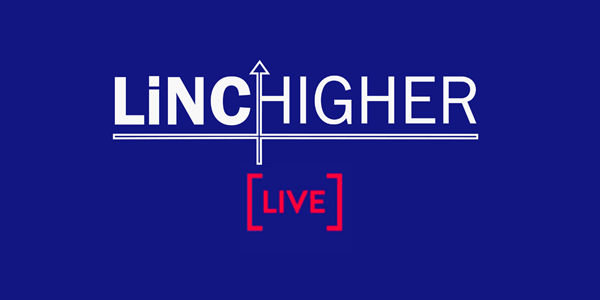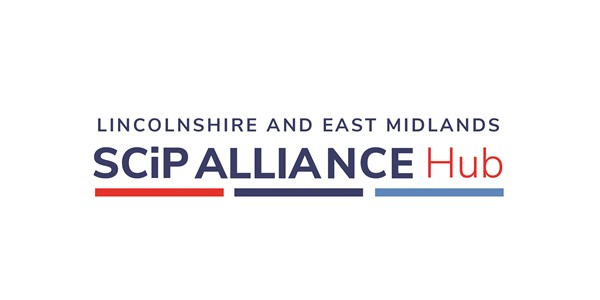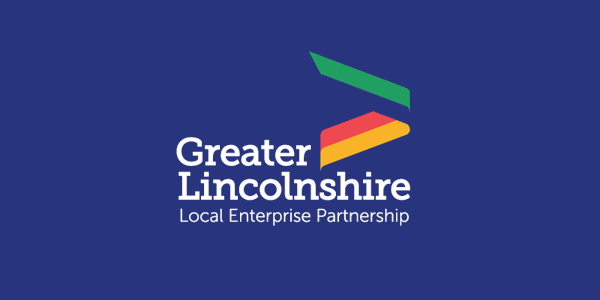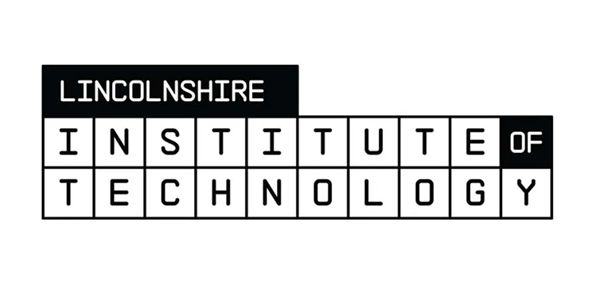Applied General Qualifications (BTECs)
Applied General Qualifications or BTECs are on a par with A levels. They are for students 16 - 19 who want to continue their education through learning applied to a general job area e.g. Law, Creative and Media, and Business.
BTECs are specialist vocational (work-related) qualifications that combine practical and written work. There are 2,000 BTEC qualifications across 16 different business and industry sectors, from childcare to construction and from engineering to travel and tourism. They can be studied at entry level through to Level 7 (equivalent to postgraduate study).
With lots of different BTEC qualifications available, it’s important you do plenty of research to find the right one for you. If they are thinking of applying to university, it’s also important that you understand how the BTEC(s) you choose are weighted in terms of university entry requirements.
- At Level 3, the qualifications are called BTEC Nationals, and are roughly equivalent to A levels.
- They can be taken alongside (or instead of) A levels.
- They are usually studied full time, either in college or jointly between a school and a college.
Going on to study at degree level after BTECs
Although A-levels remain the most popular route to university, there are still plenty of BTEC applicants too – including students who’ve taken a combination of both qualifications.
BTEC students aren't at a disadvantage when it comes to applying to university. BTEC students achieving good grades are just as sought after as students with good A-level results.
It’s a good idea to get in touch with the university directly if you’re not sure of their BTEC entry criteria. This can vary from one course to the next at a university and it’s always best to check if you’re unclear.



















